I'm interviewing for jobs that would start in the fall, and to do so I have to focus on my past professional experience, the current project that is my dissertation, and my plans for the future.
And all of that needs to be considered from the rhetorical perspective of, "How could this make me look like the guy you all want to hire?"
It's fun, nerve-racking, exciting, tense... It's a lot of things. But like I said, it's put my head in a funny space.
You see, I've never really done this before.
The search for a long-term position as a Ph.D. is completely new to me, but a critical part of this process is appearing competent--appearing as though I know what I'm doing.
The result is a kind of constant 'stepping-back-to-reflect' habit, a non-stop metacognition combined with intense observation of the rhetorical environment, all intended to help me learn this process as I'm working through it.
It is enlightening, but it is also exhausting.
And that is interesting to me as a teacher, because this is what I ask my students to do.
I have sections of my lectures dedicated to describing the act of "reading for composition while reading for content." I tell my students that learning to write in a new setting means learning to read texts with an attitude of "How or why did the authors do that?"
The style of teaching works. I see students learn new genres without mimicking the model texts. It's great, but I don't think I have had to do this very often myself.
It's crazy hard.
Here is an excellent "Extra Credits" video on how aspiring video game developers can work on this process:
Although, appreciation is where things start.
The same is true for students learning to write in new places. The parallels are striking.
I'll have to find a way to work this video into my courses.


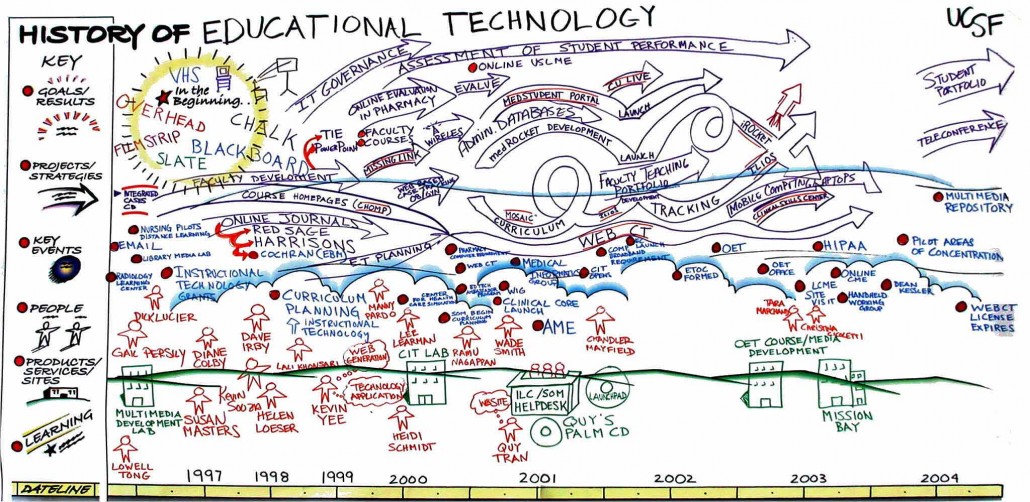








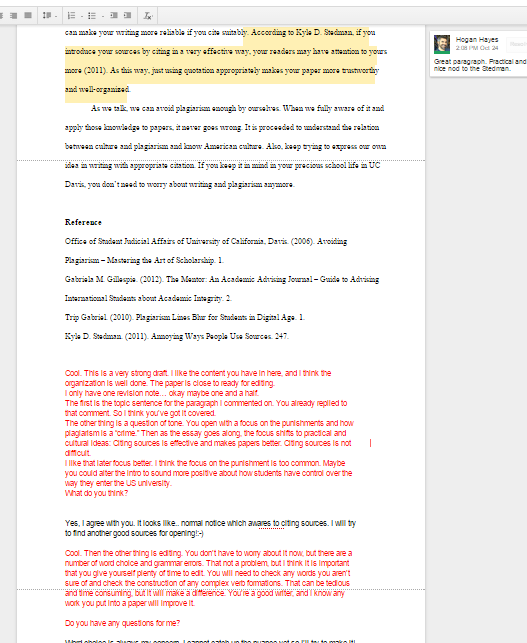
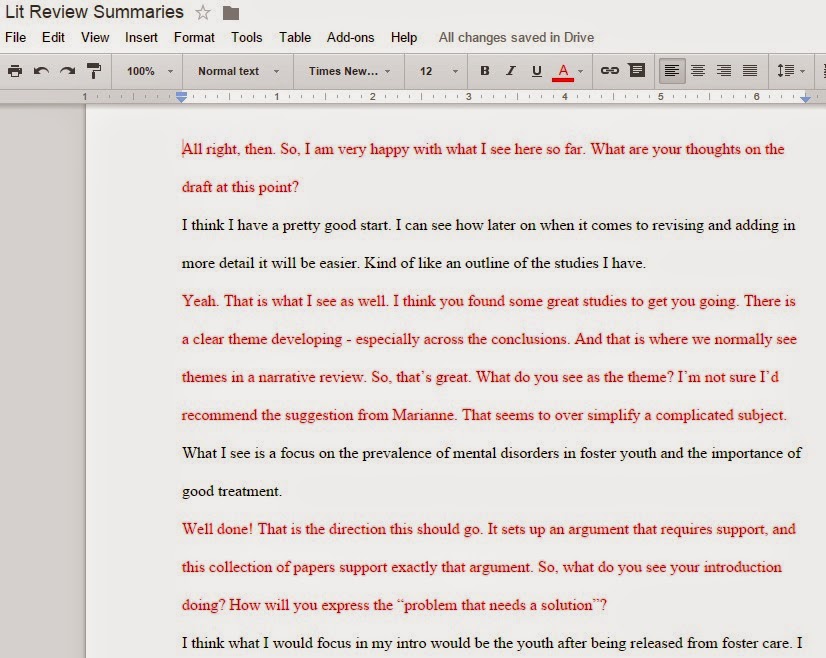
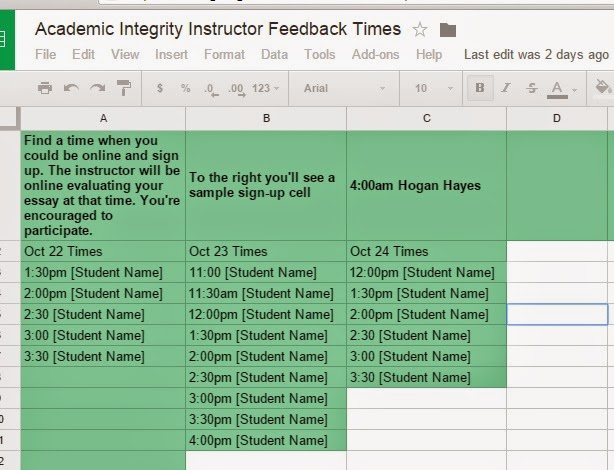
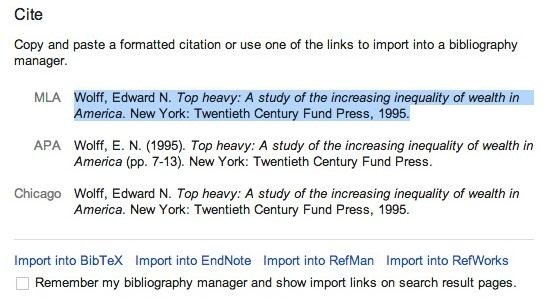



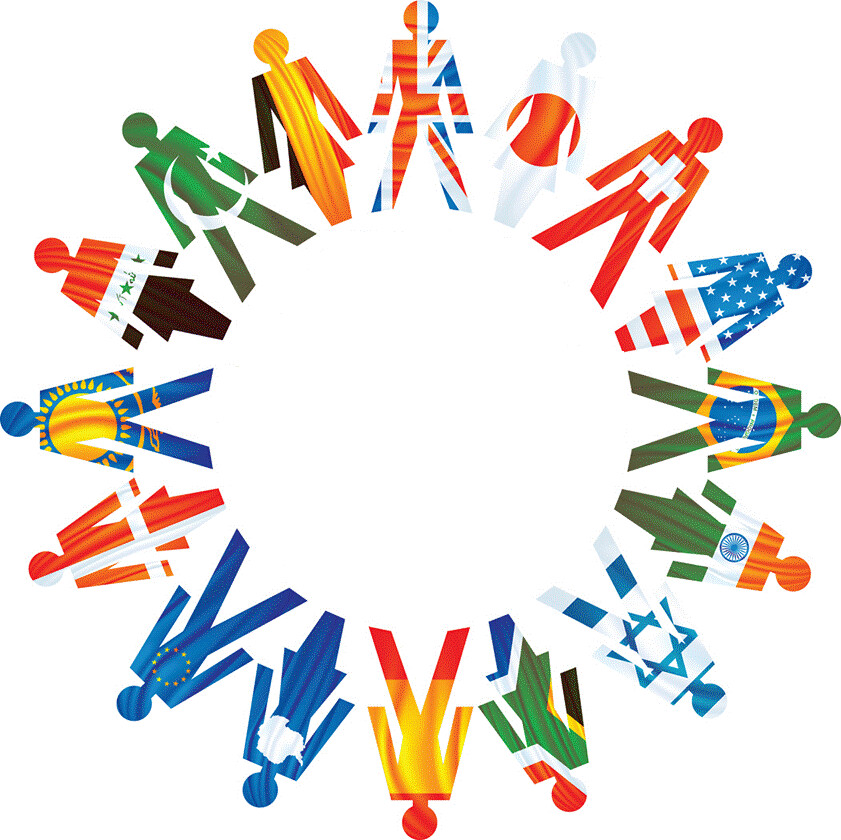














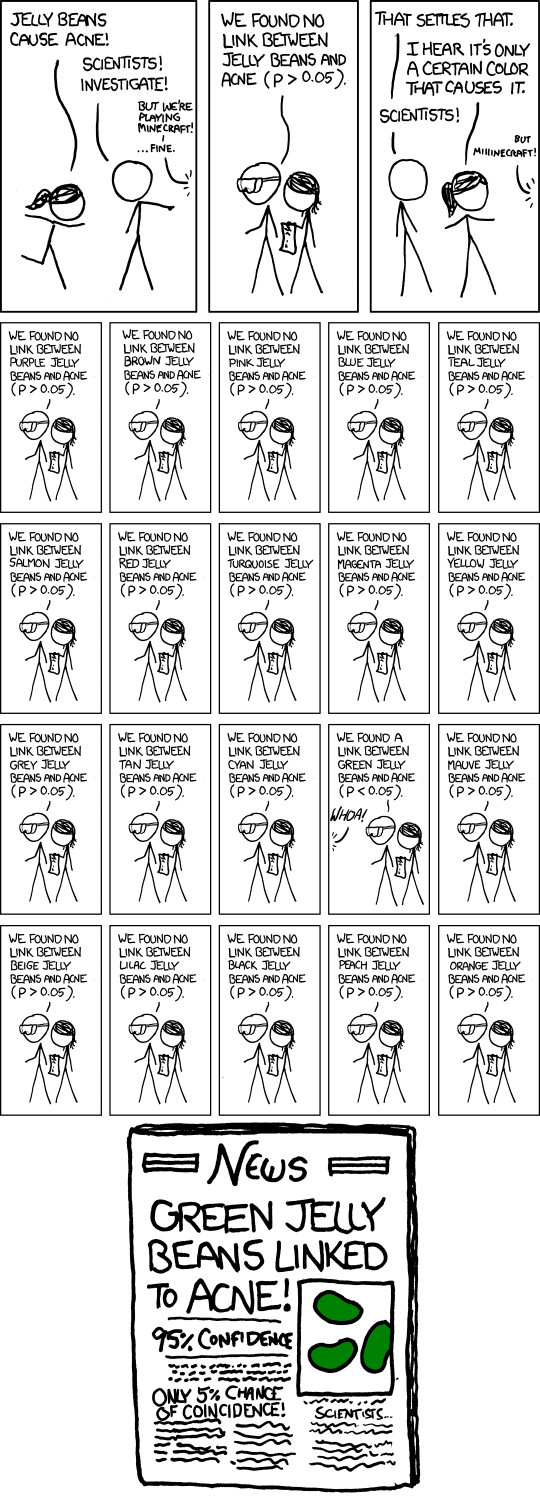





.jpg)





